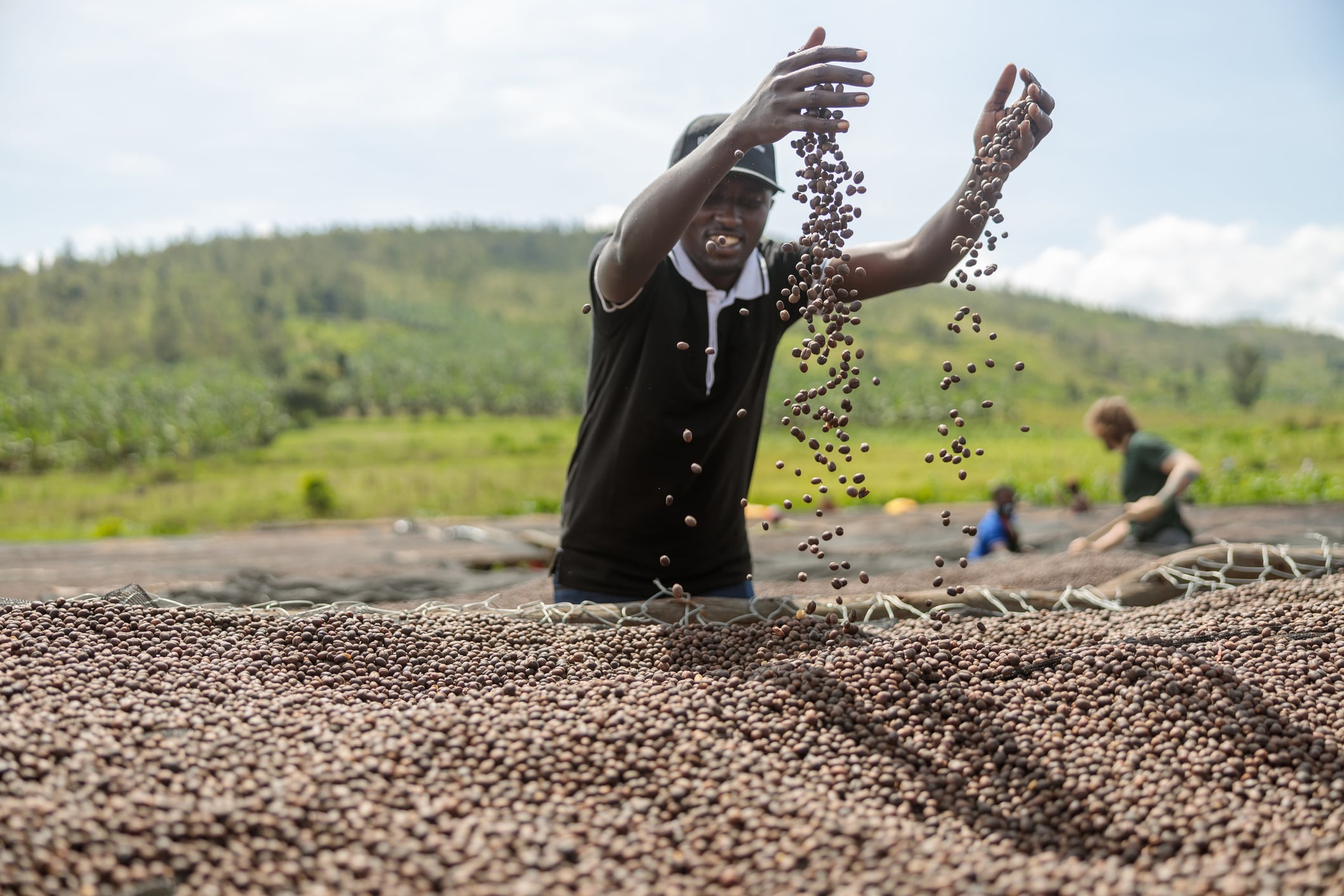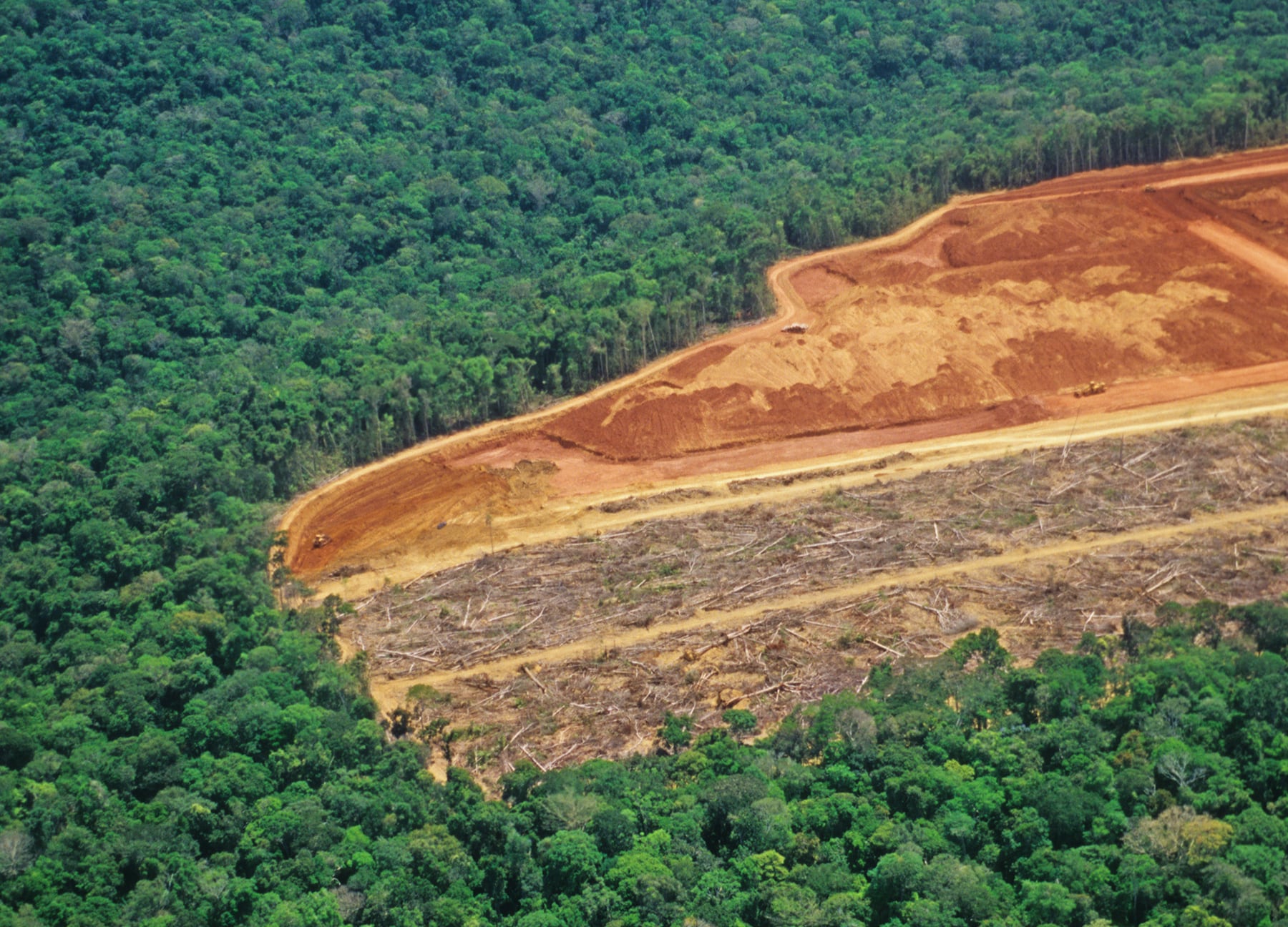A landmark partnership between agtech firm Dimitra and Kenya’s National Coffee Cooperative Union (NACCU) is set to digitally transform the country’s coffee sector, helping over one million smallholder farmers meet the European Union’s Deforestation Regulation (EUDR) and secure access to premium export markets.
Digital tools for global compliance
With the EUDR coming into force on December 31, 2025, coffee exporters to the EU must prove their products are deforestation-free and fully traceable. This includes providing GPS coordinates, forest cover data, and legal documentation for each plot of land – a major hurdle for smallholders who often lack access to digital infrastructure.
Dimitra’s AI-powered Connected Coffee platform aims to bridge this gap. Through mobile-based onboarding and geolocation mapping, farmers can register their farms, assess deforestation risk, and generate EUDR-compliant reports. The app, available in English and Swahili, is designed to work offline, ensuring accessibility even in remote regions such as Meru, Kipkelion, Kiambu, Nyeri, and Mt. Elgon.
Safeguarding market access
The EU currently accounts for over 50% of Kenya’s coffee exports, making compliance essential for continued trade. Dimitra CEO Jon Trask emphasized the strategic importance of the initiative: “EUDR will reshape the global coffee trade for the better. This partnership not only prepares farmers for compliance but also strengthens Kenya’s position in carbon and ESG markets.”
NACCU CEO Festus Bett added: “Digital exclusion threatens to widen inequality in global trade. This partnership shows that with the right tools and coordination, millions of smallholders can be brought into global compliance.”
A model for sustainable agriculture
The agreement, signed on September 26 with NACCU’s Board and affiliated unions, reflects strong grassroots commitment to sustainability. By integrating carbon accounting and ESG practices into the coffee value chain, the initiative positions Kenya as a leader in responsible agricultural exports.





